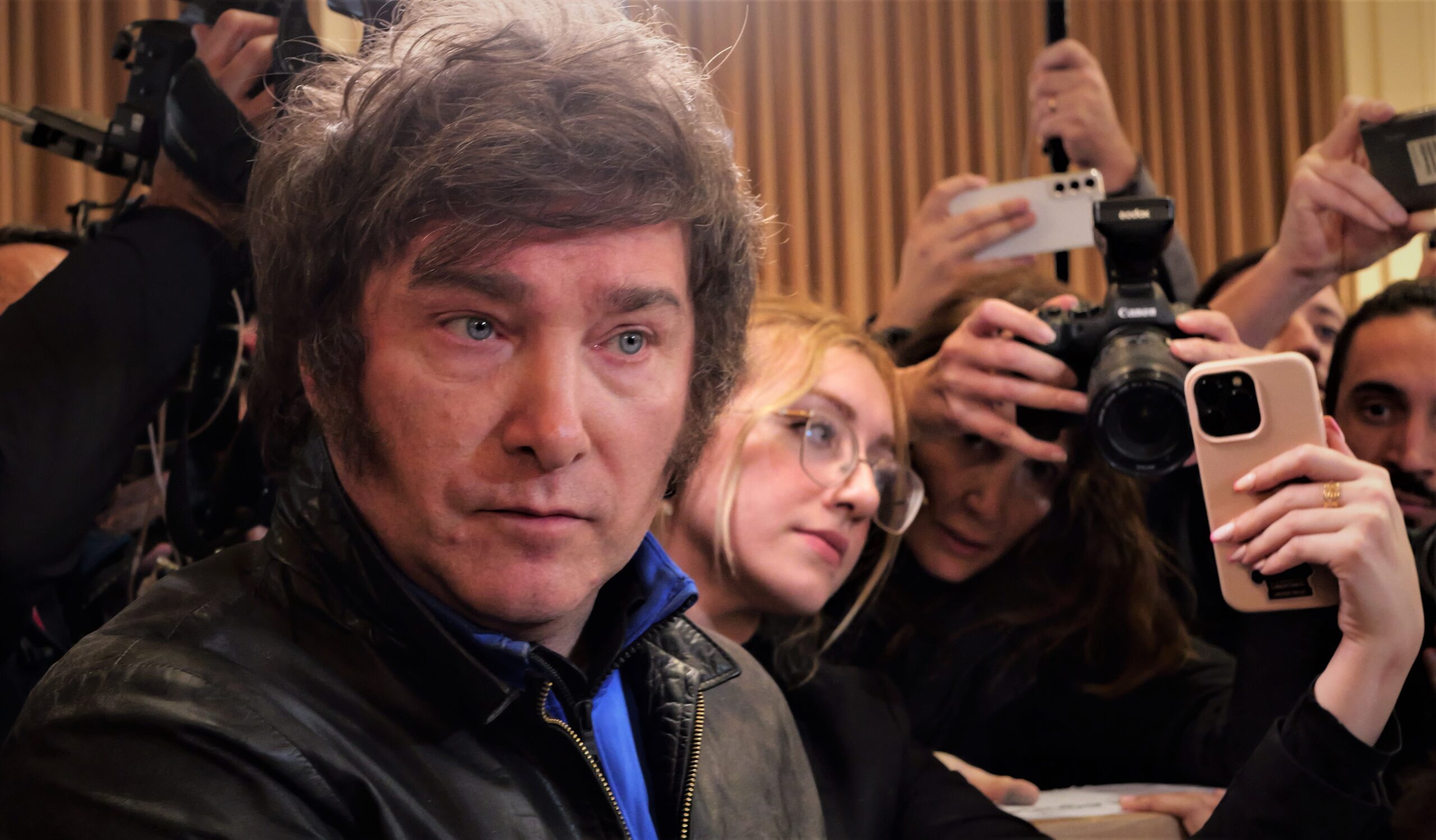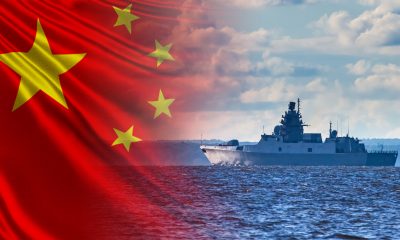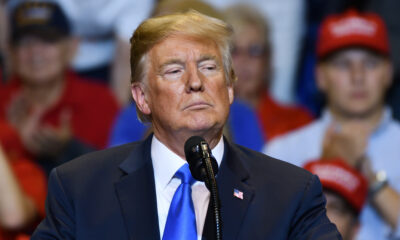Milei Devalues Argentina’s Peso As Economic Shock Treatment

Argentina took the first critical step to economic recovery under new President Javier Milei on Tuesday when it announced the devaluation of its currency.
Officials further revealed reductions in energy and transportation subsidies as it tried to crawl out from under the devastation wrought by years of socialist policies. Milei said the measures were critical in dealing with the current “emergency.”
Minister of Economy Luis Caputo told a national broadcast audience that the Argentine peso was now valued at 400 pesos per U.S. dollar, down from 800 pesos. He warned that the next few months will be tough economically.
Socialist mismanagement resulted in a staggering 143% inflation rate and a nation in which 40% of the population lives in poverty.
The national debt is also crippling economic recovery hopes.
Argentina owes the International Monetary Fund (IMF) $45 billion while enduring a crushing $43 billion trade deficit. Government figures show that by spring the country will be on the hook for $10.6 billion to private and other creditors.
The “tough pill” administered to the national economy by Milei was welcomed by international financial markets. He handily won last month’s presidential election on promises of making hard choices to reverse years of financial ineptitude.
Bruno Gennari of KNG Securities is an expert on Argentine affairs and called the drastic moves “positive” news. “It is a massive fiscal effort, with the ppts of GDP of spending cuts and 2.2% of additional measures.”
The IMF also welcomed what it described as “bold” measures by Buenos Aires. Experts said the actions could stabilize the downtrodden economy and trigger much needed growth.
The country’s prior socialist leadership pulled the peso far from the one-to-one convertibility with the U.S. dollar it enjoyed prior to 2002. Experts describe the “black market peso” as the true measuring stick for the currency’s value.
The government for years stridently controlled access to official exchange markets. Then, in 2019, artificial controls were enacted that resulted in an enormous gap between the black market rate and official exchange rate.
























